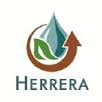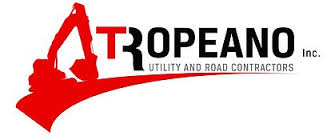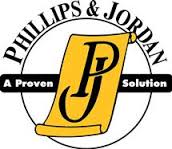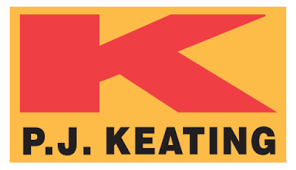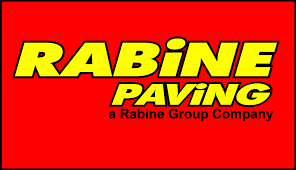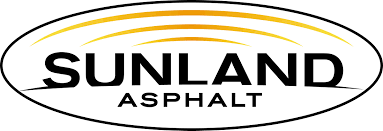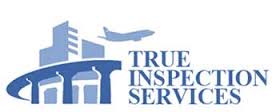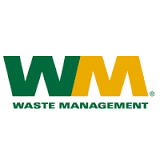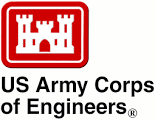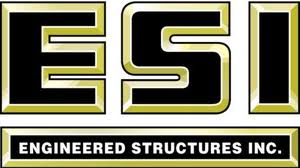Oregon State Overview
The state of Oregon and the Oregon Department of Environmental Quality’s (DEQ) Water Quality Program's mission is to protect and improve Oregon's water quality. Protecting Oregon's rivers, lakes, streams and groundwater quality keeps these waters safe for a multitude of beneficial uses such as drinking water, fish habitats, recreation and irrigation. The Oregon DEQ achieves goals set forth by developing and implementing Water Quality Standards (WQS) and clean water plans, regulating sewage treatment systems and industrial dischargers, collecting and evaluating water quality data, as well providing grants and technical assistance to reduce nonpoint pollution sources, and providing loans to communities to build treatment facilities.
In the state of Oregon, the implementation of the National Pollutant Discharge Elimination System (NPDES) Permitting Program mandates that any site owner or operator whose construction, industrial and municipal (MS4) activities require the discharge of stormwater to surface waters of the State to apply for general permit coverage.
Oregon’s National Pollutant Discharge Elimination System Stormwater Discharge Permit provides coverage for (1) construction activities (clearing, grading, excavation, materials or equipment staging and stockpiling) that will disturb one (1) or more acres and may discharge to surface waters or conveyance systems leading to surface waters of the state; (2) construction activates that will disturb less than one (1) acre that are part of a common plan of development, or sale if the larger common plan of development or sale will ultimately disturb one (1) acre or more and may discharge to surface waters or conveyance systems leading to surface waters of the State; and (3) any other construction activity (including construction activity that disturbs less than one (1) acre and is not part of a common plan of development or sale) designated by the Oregon DEQ based on the potential for contribution to an excursion of a Water Quality Standard (WQS) or for significant contribution of pollutants to waters of the State.
As per the Oregon Department of Environmental Quality (DEQ) a project site owner or operator of construction activities is required to register for coverage under NPDES General Permit with the DEQ before any soil disturbance occurs.
The state of Oregon and the Oregon Department of Environmental Quality’s (DEQ) Water Quality Program's mission is to protect and improve Oregon's water quality. Protecting Oregon's rivers, lakes, streams and groundwater quality keeps these waters safe for a multitude of beneficial uses such as drinking water, fish habitats, recreation and irrigation. The Oregon DEQ achieves goals set forth by developing and implementing Water Quality Standards (WQS) and clean water plans, regulating sewage treatment systems and industrial dischargers, collecting and evaluating water quality data, as well providing grants and technical assistance to reduce nonpoint pollution sources, and providing loans to communities to build treatment facilities.





